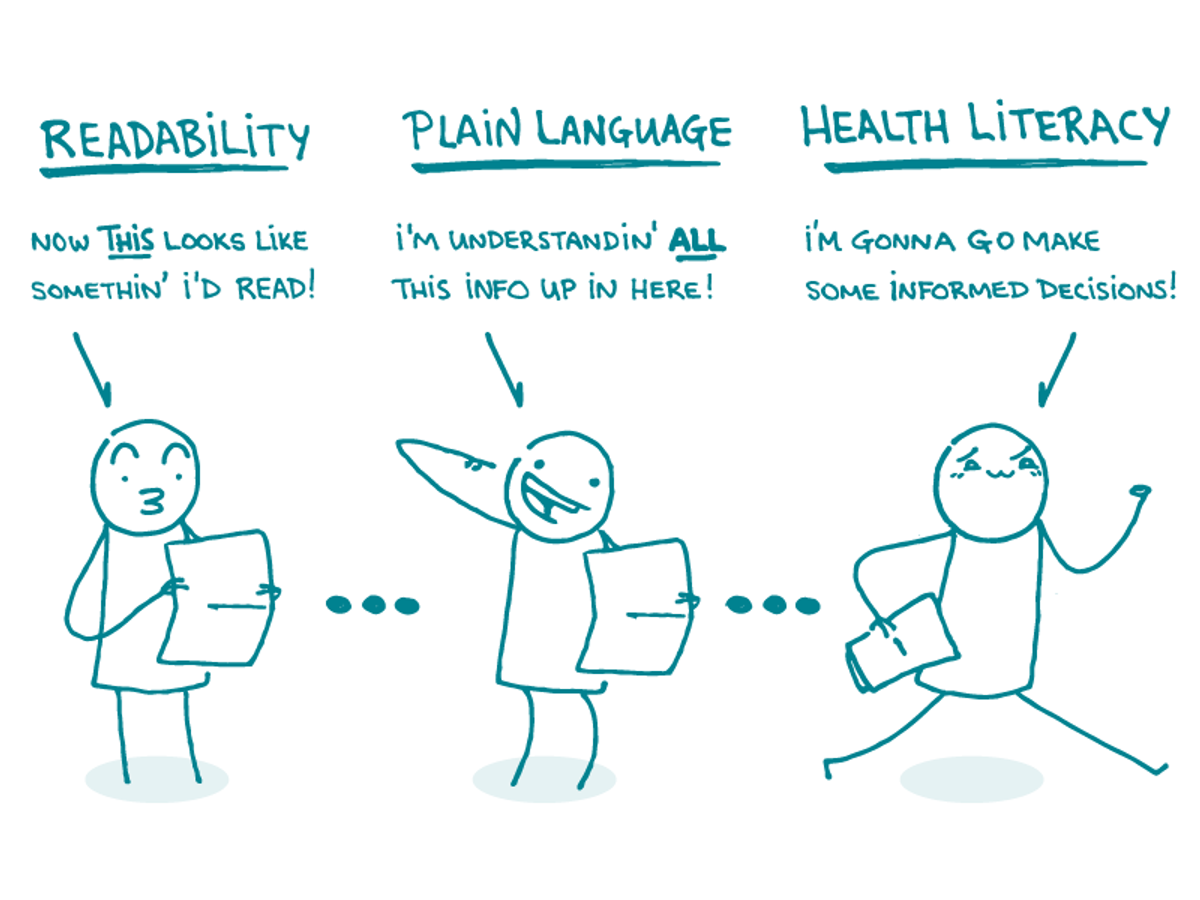Article: Autism Health Literacy - what is it and why is it important?
by Dr Nicole Grant (Qld Regional Manager)

Article: Autism Health Literacy - what is it and why is it important?
by Dr Nicole Grant (Qld Regional Manager)
The amount of information available out there on autism is staggering. Google searches on autism and autism-related topics will reveal literally millions of webpages. Talk to different people and every single one of them will have a different opinion on the topic. It can be very confusing.
How do you know what information is accurate or credible?
How do you know who you can trust?
How do you make a well-informed decision for your child?
Improving your health literacy about autism is important so that you can understand the options available and be able to weigh up the pros and cons of the various services on offer.
What is Health Literacy?
Health literacy means:


Three Tips to improve your health literacy about autism
1. Look for and ask for Easy Read versions of health information and other documents given to you. NDIS have Easy Read booklets about many aspects of the scheme including how to access Early Childhood Early Intervention (ECEI) services for your child.
2. When viewing web-based information, look for four things:
3. Ask questions. If reading information in print is not easy for you, you can always ask your treating health professional, general practitioner (GP) or therapist to explain the information to you in person or provide the information in a different format. Don't be afraid to repeat your question or ask for your therapist to explain their answer again. Early Start Australia also have videos available to explain aspects of our service, so this is a good option too!
References
Image source: https://communicatehealth.com/wehearthealthliteracy/readability-and-plain-language-and-health-literacy-oh-my/#
Health Literacy Definition: https://www.safetyandquality.gov.au/standards/nsqhs-standards/partnering-consumers-standard/health-literacy#:~:text=Health%20literacy%20refers%20to%20how,decisions%20and%20act%20on%20it.
Raising Children Network: https://raisingchildren.net.au/autism/therapies-services/therapies-interventions/types-of-interventions-for-asd
Early Start Australia YouTube Channel: https://www.youtube.com/channel/UCEt7MqXoxJwoZZmBYZiXRwA
Date of Publication: 7 May 2022
Author:
Dr Nicole Grant
BSc (Psych), MOccThySt, PhD
Qld Regional Manager, Early Start Australia